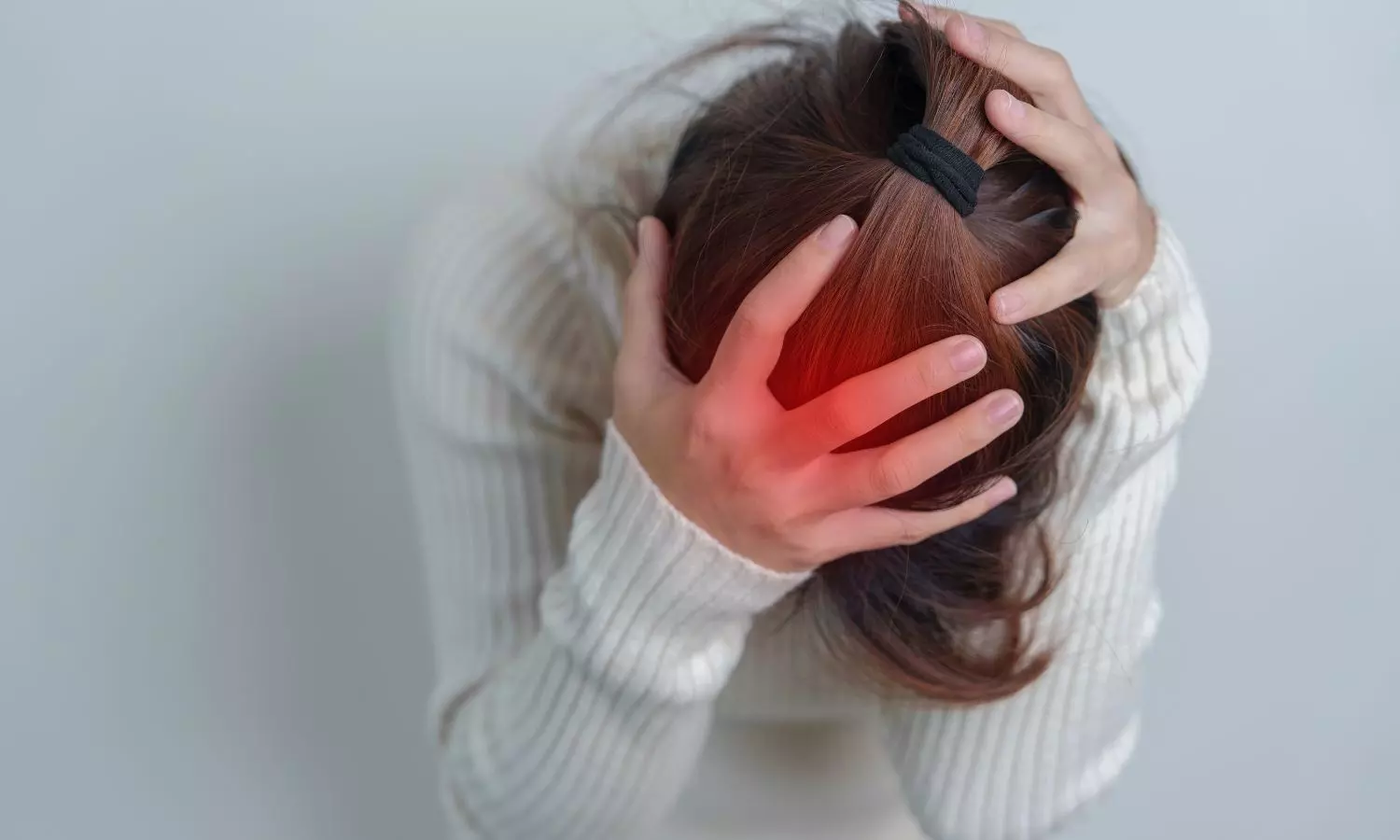AI Enabled Screening Key to Preventing Strokes in Young Indians Say Experts at World Stroke Day

New Delhi: At the World Stroke Day forum organized by Mahajan Imaging and Labs in New Delhi doctors called for a shift from reactive treatment to proactive stroke prevention rooted in timely health checks lifestyle modification and greater public awareness.
Medical experts raised concern over the alarming rise in stroke cases among younger adults warning that the disease is no longer limited to the elderly.
The panel emphasized that AI enabled integrated pathology and imaging systems are revolutionizing stroke diagnosis and management by allowing faster detection treatment and even prevention before symptoms appear.
India’s stroke burden continues to rise with research published in the International Journal of Stroke showing that the country records nearly 1.5 million stroke cases annually yet only one in four Indians has access to a stroke ready hospital.
The report highlights a major gap in emergency preparedness. Experts pointed out that increasing cases among people in their thirties and forties are largely driven by stress hypertension sedentary lifestyles and long term exposure to air pollution.
They called for the implementation of AI powered preventive and integrated stroke care systems.
Padma Shri Awardee Dr M V Padma Srivastava Chairperson of Neurology at Paras Health Gurugram and former Professor and Head of Neurology at AIIMS New Delhi stated that environmental and lifestyle factors have become major contributors to the growing stroke burden especially among younger adults.
Chronic exposure to fine particulate matter PM2.5 can trigger inflammation and vascular damage raising the risk of ischemic stroke.
In cities like Delhi where PM2.5 levels exceed WHO recommended limits by 10 to 15 times individuals with hypertension diabetes or pre existing heart disease face even higher risks.
She emphasized that preventive screening and early diagnosis are essential and timely treatment within the golden hour can dramatically improve recovery. With modern treatments such as clot busting drugs mechanical thrombectomy and AI based imaging that identifies salvageable brain tissue stroke outcomes have improved significantly over the past decade.
However these benefits depend on awareness rapid response and integrated care pathways connecting emergency neurology and rehabilitation services.
Padma Shri Awardee Dr Harsh Mahajan Founder and Managing Director of Mahajan Imaging and Labs noted that the profile of stroke patients has changed drastically in the last decade.
Strokes are increasingly affecting younger otherwise healthy adults due to high stress poor sleep uncontrolled hypertension and exposure to air pollution.
He stressed that preventive action before stroke onset is crucial and that AI driven diagnostics and integrated lab imaging models are proving transformative.
Dr Mahajan further explained that AI powered imaging platforms now help radiologists detect subtle clots vessel blockages or microbleeds that might be missed in early scans. Combining advanced CT MRI and diffusion weighted imaging with AI models trained on large datasets reduces interpretation time and enhances diagnostic accuracy.
Indian researchers and clinicians have been at the forefront of developing AI based stroke solutions. The first AI publication in The Lancet in 2018 by Qure ai and Mahajan Imaging and Labs demonstrated automated diagnosis and report generation from head CT scans in haemorrhagic stroke patients marking a global milestone for medical AI.
This pioneering study highlighted India’s growing leadership in health technology. Experts urged for continued collaboration and innovation to improve early detection and timely treatment in critical cases.
On the laboratory side specialists emphasized that pathology plays an equally vital role in understanding stroke risk. Advanced tests such as D dimer PT INR fibrinogen lipid subfraction analysis and genetic screening can identify individuals predisposed to stroke or recurrence.
Biomarkers like Glial Fibrillary Acidic Protein GFAP and Neurofilament Light Chain NFL can detect neuronal injury within hours allowing prompt and targeted intervention.
Dr Shelly Mahajan Lab Director at Mahajan Imaging and Labs explained that integrating real time pathology with imaging creates a comprehensive diagnostic map for each patient.
The lab now delivers coagulation and biomarker results within 45 minutes providing neurologists with crucial data to make quick decisions on thrombolysis or surgery.
This combination of advanced imaging and laboratory analytics is redefining both the precision and speed of stroke care.
The forum concluded with a unified call to move from reactive treatment to preventive patient centric stroke care based on early detection and continuous monitoring.
Experts recommended that screenings for blood pressure cholesterol coagulation factors and blood sugar become routine especially for those with sedentary lifestyles high stress levels or a family history of heart disease.
They also advised monitoring homocysteine and C reactive protein CRP levels which indicate vascular stress long before symptoms appear.
Doctors emphasized that India’s stroke response must evolve beyond emergency intervention to data driven prevention powered by AI imaging advanced pathology and faster clinical decision systems an essential step to reduce disability and mortality rates across the nation.


